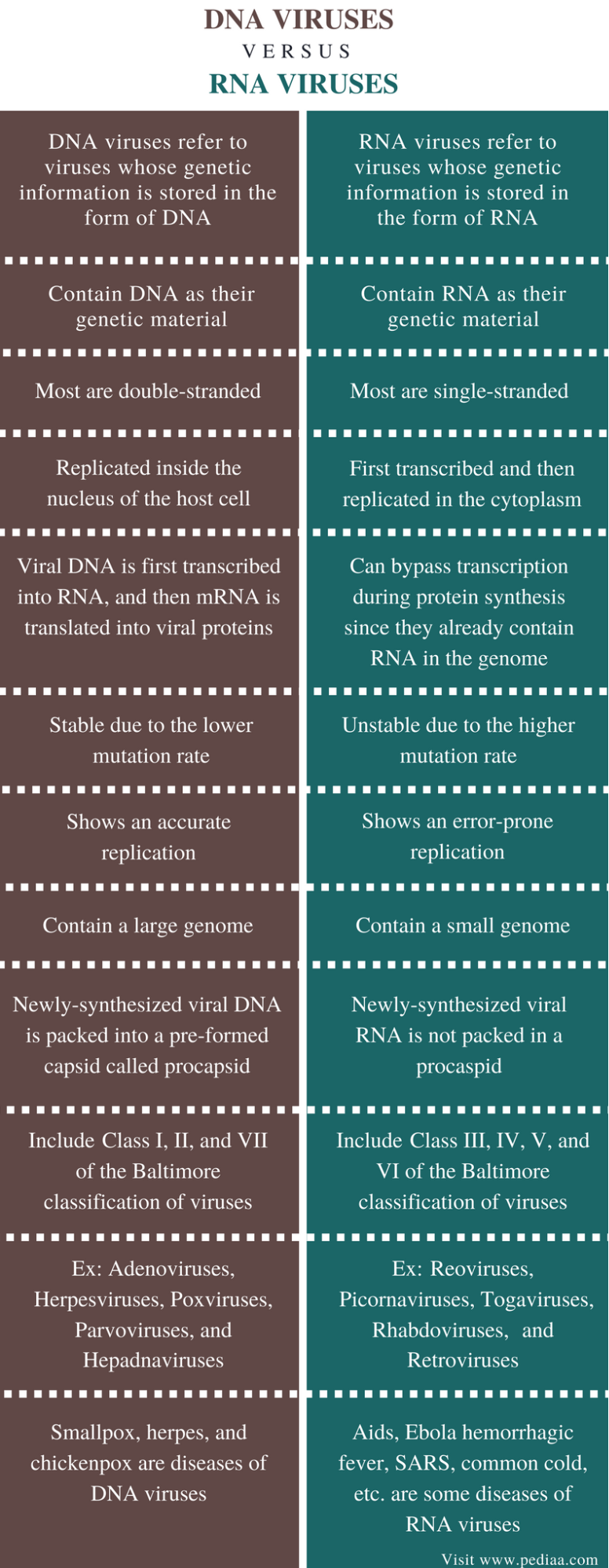Important Facts For Prelims
Recombination of Viruses
- 22 Mar 2022
- 2 min read
Why in News?
The recent study published in Nature Microbiology revealed a few things about the mutation in viruses, increased fitness and recombination of viruses.
What are Key Points of the Research?
- According to it, RNA viruses have a higher rate of mutations compared with DNA viruses.
- However, unlike other RNA viruses, coronaviruses have fewer mutations.
- This is because coronaviruses have a genetic “proofreading mechanism” that corrects some of the errors made during replication.
- This is applicable to SARS-CoV-2 viruses too.
- As a result, SARS-CoV-2 viruses have more accurate mutations or attained more fitness than that of other single-stranded RNA viruses.
- Increased fitness of the virus means increased infectiousness of the virus and the ability of the mutations to allow the virus to escape from immunity.
- Such mutations that provide increased fitness to the virus increase in numbers and become the dominant strain or variant.
- Further, when a person is simultaneously infected with two different SARS-CoV-2 variants or strains or sub-lineages, chunks of genetic material from one variant can get mixed with the other. This is called recombination.
- For example, recombination of Delta and Omicron variants.
What is Mutation?
- Mutation is an alteration in the genetic material (the genome) of a cell of a living organism or of a virus that is more or less permanent and that can be transmitted to the cell’s or the virus’s descendants.
- The genomes of organisms are all composed of Deoxyribonucleic Acid (DNA), whereas viral genomes can be of DNA or Ribo Nucleic Acid (RNA).





